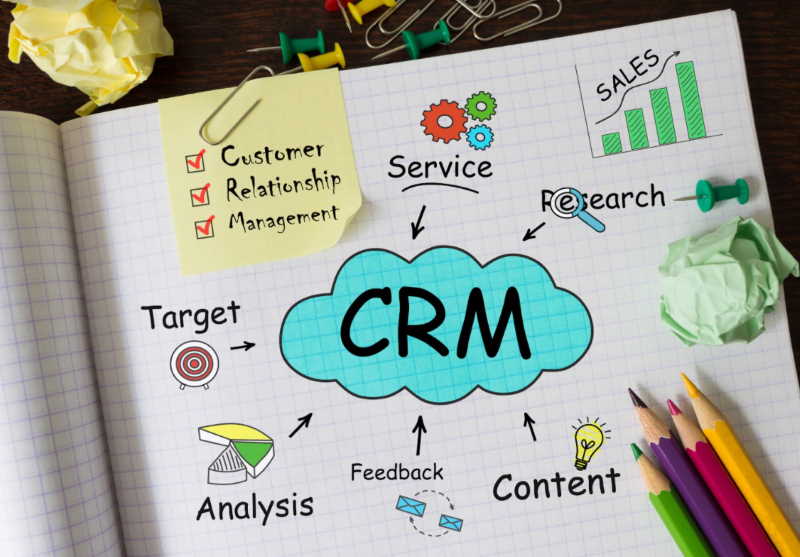CRM software stands for customer relationship management software, and it's absolutely essential for any company that handles customer data. With CRM software, you can easily store and organise all of your customer data, helping you improve customer-business relations.
In addition, CRM software is a platform that connects all of your business's departments, including customer service, marketing and sales, allowing every team member to quickly access customer information when needed.
Ultimately, having a system to manage all of this customer data enables you to offer a highly personalized service to each customer, which will improve customer satisfaction.
How? Because any company that loses more money than the total amount of revenue it generates will go out of business. Clearly, then, we need to look carefully at ways to reduce expenditure while boosting profits at the same time. And that’s where powerful CRM technology can help.
Today, we’re not going to focus too heavily on making money, but rather we will take a much closer look at how CRM software can save money for your business. Whether you are leading a startup into the unknown or whether you are looking to steady the ship of an established brand that’s sailing on troubled marketing waters, CRM software holds the answers (see Zendesk.com for further reading on CRM solutions).
Understanding current user trends
One of the instant ways in which CRM software can begin to save money for your business is to help you to understand how your customers interact with your brand.
For example, you may already monitor sales as a catch-all metric that underpins the reasoning behind your marketing decisions. However, if you have failed to reach the right customers via their preferred channels, your sales will not reflect the true nature of customer demand. In essence, you could be missing the bigger picture.
CRM software enables fast and accurate customer communication, meaning you can quickly learn where you are satisfying customer needs and where you are lacking in supporting customers on their journey.
Planning future campaigns
Once the CRM software has been deployed, you will start to see trends in demographics regarding who purchases your goods or services and the likely motivations behind those sales conversions.
For example, sales of green clothing may spike around St Patrick’s Day, and you may discover through a simple “thank you for your custom, but we’d really love to know your thoughts” style email that more people may wish to buy hats than any other item of clothing, but that many people found your hat options were limited.
CRM software can highlight these issues, and much more, giving you the power to change your message and adapt supply to demand (read more about supply and demand).
Spend less time processing data (spend more time planning & acting)
Marketing and retention teams are typically overrun with administrative tasks that dominate their working day. From sorting and storing customer details to manually accessing data to building graphs and presentations for use in sales projections meetings, time is wasted on tasks that could be automated.
CRM systems can save your company time and money by taking on the mantle of administrative tasks, allowing your staff to spend their time on more important core objectives. Where your company benefits from reduced waste in terms of only paying wages for work that covers planning, implementation, and monitoring, you will see a greater return in sales conversions.
An optimised team performance may not seem like a money-saving factor related to investing in CRM software, but paying for poor marketing strategies when the same money could produce greater customer relations is certainly a way to reduce unnecessary outgoings.
